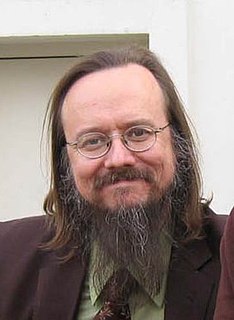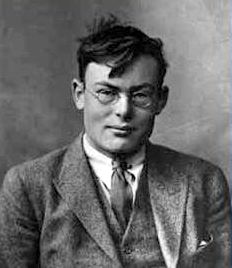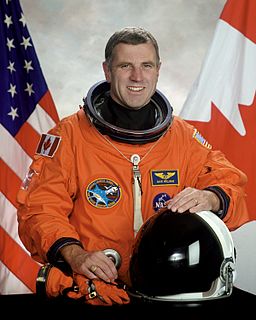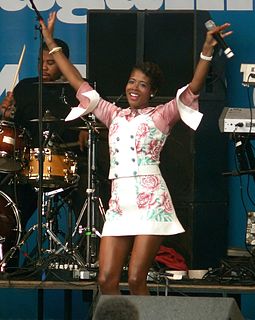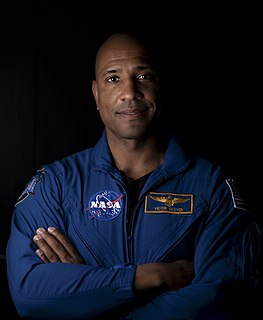A Quote by David Grinspoon
I intend to apply the perspective of astrobiology, which is a deep-time way of looking at life on Earth, towards the question of the Anthropocene. What does the human phenomenon on Earth look like viewed from an interplanetary perspective?
Related Quotes
Astrobiology is the science of life in the universe. It's an attempt to scientifically deal with the question of whether or not we're alone in the universe, looking at the past of life, the present of life, and the future of life. It's an interdisciplinary study incorporating astronomy, biology, and the Earth sciences.
It is the masculine dynamic that has caused our society to place money and corporate profit above human beings. It has allowed the earth to be viewed only as a commodity to be exploited. The feminine perspective sees things differently. She sees the earth and all its inhabitants as entities to be revered and cared for. She sees individual human beings as more important than the relentless advance of capitalism and competition. It is my hope, perhaps indirectly expressed in my work, that the divine feminine is reawakening.
My picture of the world is drawn in perspective and not like a model to scale. The foreground is occupied by human beings and the stars are all as small as three-penny bits. I don't really believe in astronomy, except as a complicated description of part of the course of human and possibly animal sensation. I apply my perspective not merely to space but also to time. In time the world will cool and everything will die; but that is a long time off still and its present value at compound discount is almost nothing.
A new space race has begun, and most Americans are not even aware of it. This race is not about political prestige or military power. This new race involves the whole human species in a contest against time. All of the people of the Earth are in a desperate race against disaster... To save the Earth we must look beyond it, to interplanetary space. To present the collapse of civilization and the end of the world as we know it, we must understand that our planet does not exist in isolation.
We are headed to a radically new Earth, at least from our perspective. But from the planet's perspective, this is nothing new. As the geologist Peter Ward is fond of pointing out, we are actually heading back to a time kind of like the Miocene. The Miocene ended about 5.5 million years ago, and it was the last time that the planet had no icecaps.
That is a cosmic perspective, that's correct. And in tandem with that, you will never find people who truly grasp the cosmic perspective such as the entire community of astrophysicists leading nations into battle. No, that doesn't happen. When you have a cosmic perspective, there's this little speck called Earth and you say you're going to do what? You're on this side of a line in the sand and you want to kill people for what?
As for climate change, it's by now widely accepted by the scientific community that we have entered a new geological era, the Anthropocene, in which the Earth's climate is being radically modified by human action, creating a very different planet, one that may not be able to sustain organized human life in anything like a form we would want to tolerate.
A mother has a unique perspective. Nobody sees the life of the child the way the child’s mother does—not even the father. This is Mary’s perspective of Jesus life. It seems to me that every genuine Christian, not just Catholics, should be interested in that perspective—and not just interested, but fascinated. In the rosary we ponder the life of Jesus through the eyes of his mother. This is an incredibly powerful experience if we enter into it fully


